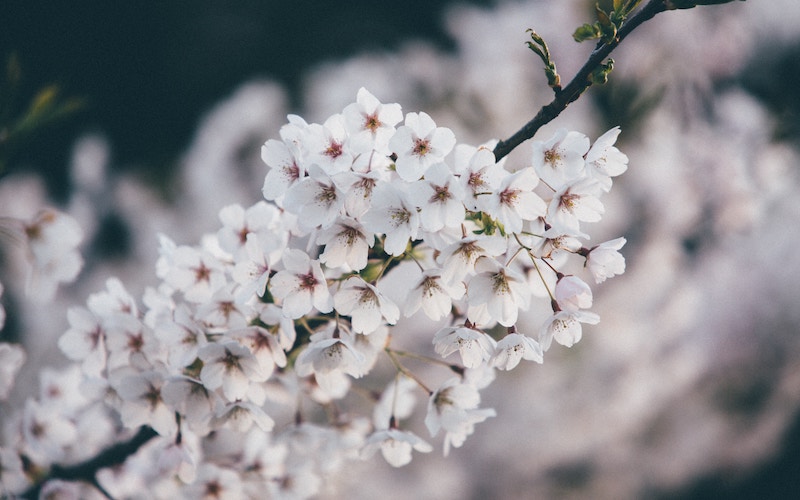Confucianism: The Elusiveness of Harmony
Episode #8 of the course The philosophy of happiness by Dr. Will Buckingham
Hello again! Today, we are heading to China to look at one of the most influential philosophers in all history: Confucius.
Confucius lived between 551 BCE and 470 BCE in what is now China. He was born in the state of Lu, in present-day Shandong province. His father died when he was young. After Confucius grew up, he took on a range of official positions before leaving home to become a traveling teacher. Confucius was interested in what made a good society. He traveled from court to court to try and interest others in his ideas, but by the time he died, he considered himself unsuccessful. Nevertheless, his thinking went on to shape the cultures of East Asia and beyond.
The Politics of Happiness
Confucius was not interested in personal happiness. He wasn’t interested in how individuals could develop their own happiness. Instead, he was interested in society as a whole. The question that preoccupied him was not, “How can I be happy and flourishing?” but, “What is needed for there to be a happy and flourishing society?” For this reason, you could say Confucius took a sociological approach to happiness, or even a political approach.
This isn’t to say that Confucius didn’t value personal happiness. He just believed that the context in which personal happiness can flourish is within a flourishing society. He was interested in asking what kind of society can provide the best conditions for human flourishing.
Fellow-Feeling and Ritual
There are two ideas central to Confucius’s approach to happiness. The first is ren, or fellow-feeling. And the second is li, or ritual.
For Confucius, ren expresses the best possible way of relating to others. It is not only about external ways of relating but also about our sense of connection. Somebody who has ren has benevolence, kindness, humaneness, and empathy, and they are capable of acting on these things. Ren is what makes society worth living in.
But how do we build a society of people who are humane, empathetic, and kind? Here, Confucius makes a surprising suggestion. He says that the secret to getting on is ritual.
When people think of ritual, they often think of something stiff and formal. But Confucius is talking about the social glue that joins us: the way you shake hands with a friend, offer a cup of tea, or thank somebody after dinner. All these things are li. They are not signs of insincerity. Instead, they are ways of channeling our feelings for others and harmonizing how we act with them.
Think about all the rituals that act as social glue in your own life. How do they help bring about harmony and happiness?
Harmony Is Contagious
For Confucius, we need to get better at fellow-feeling (ren) and at acting in harmony with others (li).
We probably all have the experience of hanging out with people who just seem to “get” us, who are particularly good at empathy, at understanding us, at knowing what we want and need. For Confucius, these people are skilled in ren. We probably also have the experience of hanging out with people who seem to know just what to do, who navigate the difficult business of getting along with others gracefully. These are people skilled in li.
When we hang out with these people, we often feel better about life. We are happier. And we ourselves become better at empathy and mutual understanding. We become more graceful in how we navigate things. Harmony, like disharmony, is contagious.
The Space in Between
For Confucius, if we care about happiness, we need to not look just to ourselves or to others. We need to look to the spaces between us. Because a society can only be happy and flourishing if it is built out of the relationships of ren and li.
Tomorrow, we will turn to another Chinese philosopher, who takes a different approach to happiness. That philosopher is Zhuangzi.
All the best,
Will
Recommended book
One of the best books on Confucius and other Chinese thinkers is The Path: A New Way to Think About Everything: What the Great Chinese Philosophers Can Teach Us about the Good Life by Michael Puett and Christine Gross-Loh.
Share with friends

